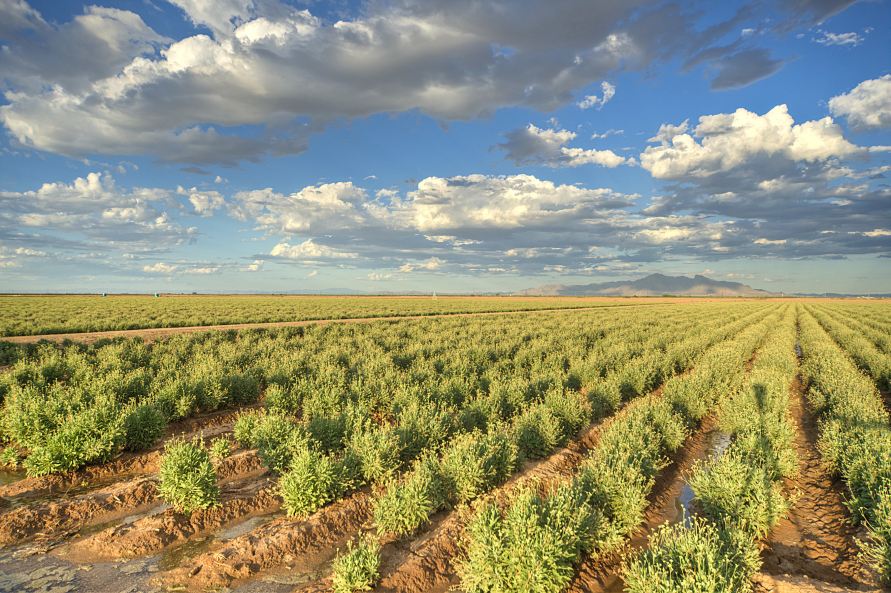Grant to aid Bridgestone’s guayule research
 Bridgestone's Biorubber Process Research Center in Mesa is the largest tyre-grade rubber guayule project in the world (Photo: Bridgestone Americas)
Bridgestone's Biorubber Process Research Center in Mesa is the largest tyre-grade rubber guayule project in the world (Photo: Bridgestone Americas)
The U.S. Department of Energy (DOE) Joint Genome Institute has awarded Bridgestone Americas a research grant to advance its optimisation of guayule, a drought resistant, desert shrub that shows promise as a local source of natural rubber for tyre production. Bridgestone has spent more than a decade researching guayule rubber for use in tyres.
“Guayule shows tremendous potential for advancing the biodiversity of natural rubber sourcing and introducing alternatives to existing crops in water-starved areas such as America’s desert southwest,” says William Niaura, director of sustainable materials and circular economy, Bridgestone Americas. “This grant will accelerate our efforts to create a sustainable model for growing and harvesting guayule at scale, which we are aiming to achieve by the end of the decade.”
The DOE Joint Genome Institute research grant aims to sequence and map genes of three guayule varieties to optimise the rubber yield of the plant. Bridgestone will conduct field tests at its guayule research centres and farms in the US states of Arizona, California, New Mexico as well as in Italy.
10 years of guayule research
Bridgestone launched its guayule research initiative in 2012 when it broke ground on a guayule processing and research centre in Mesa, Arizona. Today, the company operates the research centre in Mesa, as well as a 281-acre (114 hectare) guayule farm in Eloy, some 60 miles away. Bridgestone Americas has invested more than US$100 million in its efforts to commercialise guayule, achieving major milestones such as producing the first tyre made from guayule-derived rubber in 2015, and continued expansion of its guayule molecular breeding programme.
Guayule grown at Bridgestone’s farm in Eloy, Arizona (Photo: Bridgestone Americas)
Currently, Bridgestone is expanding the number of local farmers it works with in Central Arizona. These farmers are working to convert their farmland to harvest guayule, as the shrub offers them a solution to the growing water shortages that have previously led to crop failures in the region. Through this collaboration with local farmers, Bridgestone expects the planting of 200 new acres of guayule this year. The conversion to less water-intensive crops is a direct result of Bridgestone’s agreement with the Environmental Defense Fund (EDF), an NGO actively involved in water shortage solutions for the Colorado River, which is used for irrigation in Central Arizona.





Comments